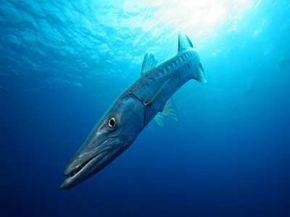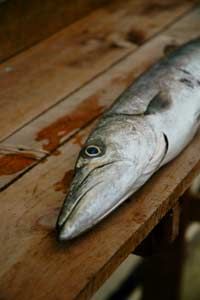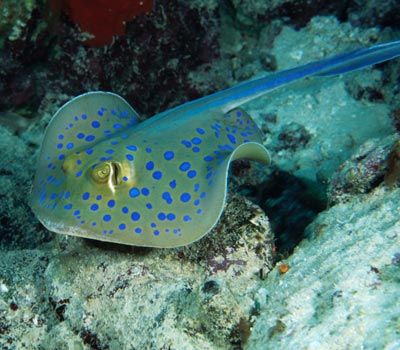If you have a hankering for oysters, seafood lovers advise checking the calendar before you order up a dozen on the half shell. According to the oyster season rule of thumb, only consume the tasty bivalves in months ending in "r." At crawfish boils, only grab the mudbugs with the curled tails; straight tails mean they were dead when they hit the pot and won't be as savory. When frying up a fillet at home, you want a cut that smells fresh but not fishy, with eyes that bulge but don't bug and skin that shines but doesn't slime.
The world of seafood dining is riddled with rules to stave off foodborne illness. The Centers for Disease Control and Prevention (CDC) lists raw animal meat, including shellfish, as the most susceptible to contamination. Shellfish, for instance, are filter feeders that may contain sickness-inducing microbes [source: CDC]. According to the U.S. Food and Drug Administration (FDA), all seafood can carry a nasty host of bacteria and viruses, including salmonella, worms, hepatitis A and Norwalk virus. For that reason, the FDA recommends cooking or freezing all seafood thoroughly before eating.
Advertisement
Nevertheless, people can also get sick eating grilled, fried, boiled and charred fish. Sometimes, fish meat may harbor bacteria that extreme heat or cold won't kill. One such toxin has been found, on occasion, in barracudas.
Barracudas already have a menacing reputation in the underwater world. Dreaded by some swimmers and scuba divers more than sharks, the barracuda can swim fast and strike hard. Unlike sharks that hunt by scent, barracudas spot prey with their bulging eyes, making it easier to spy swimmers' dangling legs. Their severe underbite displays two sets of menacing teeth prominently. Ranging in size from 18 inches (45 centimeters) to 6 feet (1.8 meters) long, barracudas inhabit warm and tropical waters along reefs and shorelines.
The great barracuda with black spots on its abdomen is the largest species, weighing more than 100 pounds (45 kilograms) at maturity. Because of its size, sport fishermen hunt it for the fight. But those looking to catch a meal may steer clear of the great barracuda since its meat could wreak havoc on their stomachs.
Advertisement



